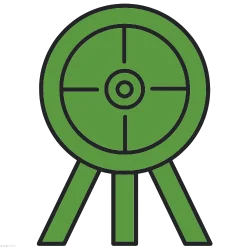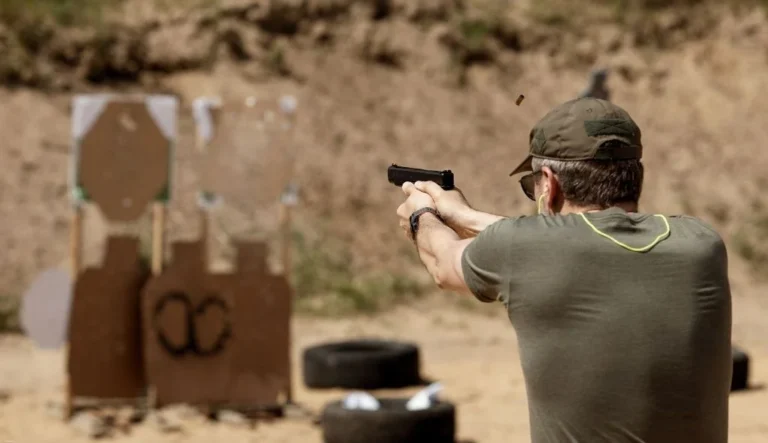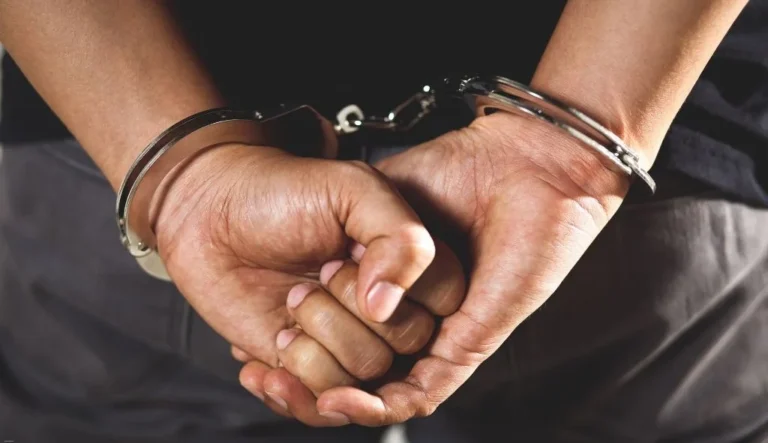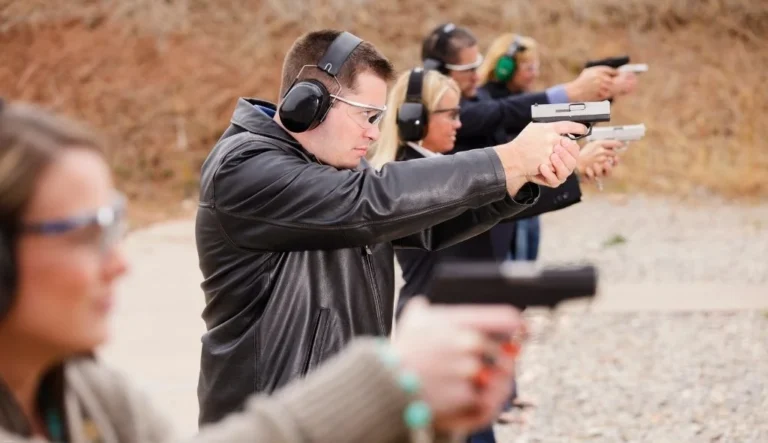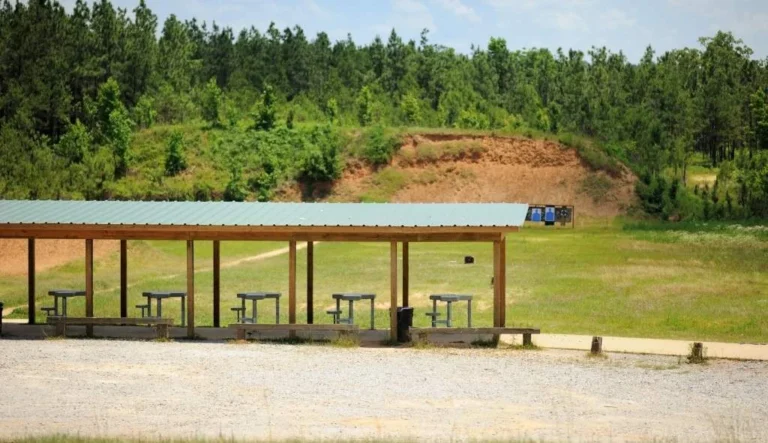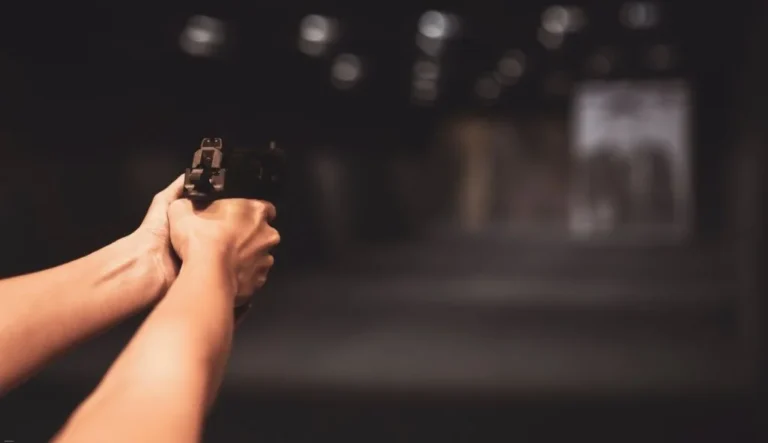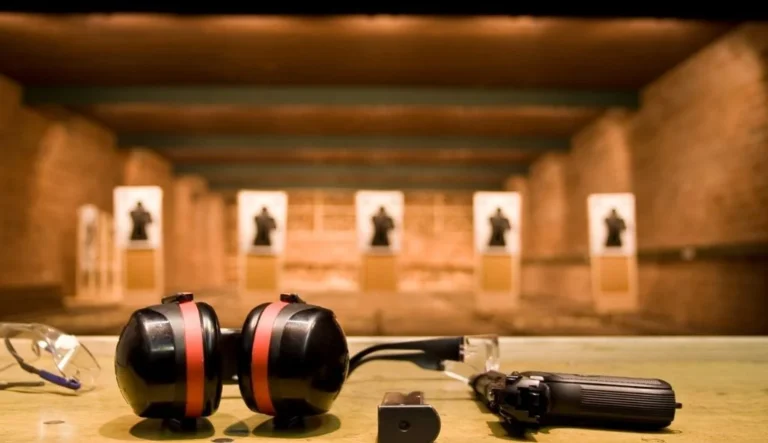Yes, you can typically bring your own gun to a shooting range. Most ranges allow personal firearms, but specific rules and restrictions may apply. Always check the range’s policies beforehand and follow proper safety protocols.
Understanding Shooting Range Policies
General Rules for Bringing Your Own Gun
Most shooting ranges allow visitors to bring their own firearms, but it’s crucial to understand and follow the range’s specific policies. These policies are in place to ensure safety and compliance with local laws. Here are some common rules:
- Firearms must be unloaded and cased when entering the range.
- Inform range staff about the firearms you’re bringing, especially for larger calibers.
- Some ranges may have restrictions on certain types of firearms or ammunition.
- You may need to show proof of firearm ownership or a valid license.
Safety Protocols
Safety is paramount at shooting ranges. When bringing your own gun, you must adhere to strict safety protocols:
- Always keep the firearm unloaded until you’re at the designated firing line.
- Keep the muzzle pointed in a safe direction at all times.
- Keep your finger off the trigger until ready to shoot.
- Be aware of your target and what’s beyond it.
- Wear appropriate eye and ear protection.
Ammunition Restrictions
Many ranges have specific rules about ammunition:
- Some ranges prohibit steel-core, armor-piercing, or incendiary ammunition.
- Reloaded ammunition may be allowed, but often requires signing a waiver.
- Certain calibers may be restricted, especially for indoor ranges.
- You may be required to use range-provided ammunition for rental firearms.
Preparing for Your Range Visit
What to Bring
When planning to bring your own gun to a shooting range, prepare the following items:
- Your firearm, unloaded and in a suitable case
- Ammunition (if allowed by the range)
- Eye and ear protection
- Targets (if not provided by the range)
- Cleaning supplies
- A notebook and pen for tracking your progress
Documentation
Be prepared to show:
- A valid government-issued ID
- Firearm license or permit (if required in your area)
- Proof of firearm ownership (if requested)
Etiquette and Best Practices
Follow these guidelines to ensure a positive experience:
- Call ahead to confirm the range’s policies.
- Arrive with your firearm unloaded and cased.
- Be respectful of range staff and other shooters.
- Follow all instructions given by range safety officers.
- Clean up your area after shooting.
Types of Shooting Ranges and Their Policies
Indoor Ranges
Indoor ranges often have more stringent rules due to space limitations and ventilation concerns:
- Caliber restrictions are common, often limiting firearms to .45 caliber or smaller.
- Some indoor ranges prohibit shotguns or high-powered rifles.
- Ventilation systems may restrict the use of certain ammunition types.
Outdoor Ranges
Outdoor ranges typically offer more flexibility:
- They often allow a wider variety of firearms, including larger calibers and shotguns.
- Long-distance shooting may be available for rifle enthusiasts.
- Some outdoor ranges permit shooting from different positions (standing, prone, etc.).
Public vs. Private Ranges
Public ranges, often run by state or local governments, may have different policies than private ranges:
- Public ranges might have more restrictive rules due to liability concerns.
- Private ranges may offer more services and flexibility but might require membership.
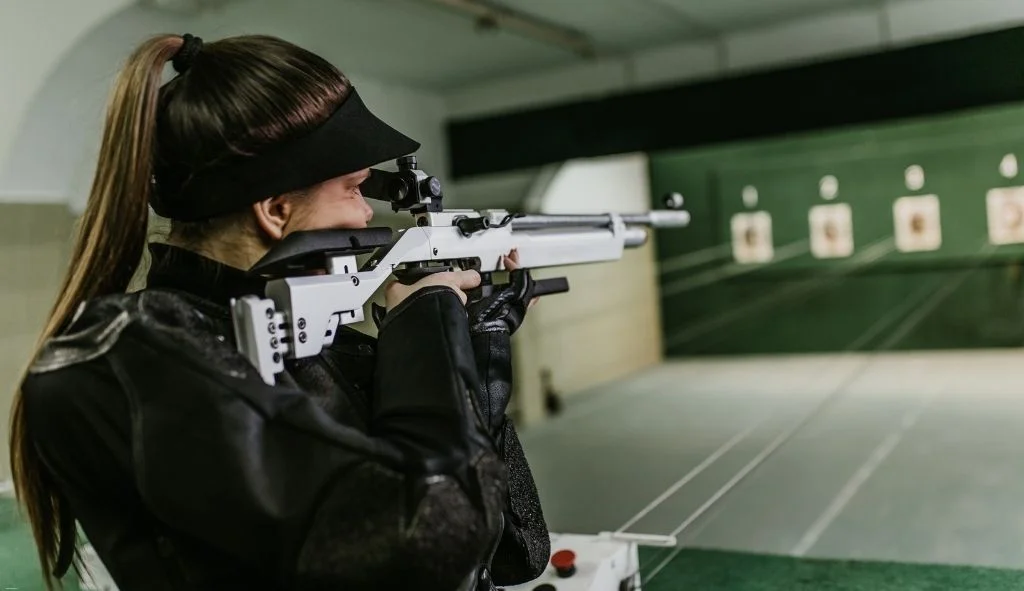
Special Considerations
First-Time Visitors
If it’s your first time bringing your own gun to a range:
- Consider scheduling an orientation or lesson.
- Familiarize yourself with range commands and procedures.
- Don’t hesitate to ask questions if you’re unsure about anything.
Traveling with Firearms
When traveling to a range:
- Ensure your firearm is transported legally according to local laws.
- Keep the firearm unloaded and in a locked case during transport.
- Store ammunition separately from the firearm.
Rental vs. Personal Firearms
Many ranges offer firearm rentals in addition to allowing personal firearms:
- Rental firearms often require the use of range-provided ammunition.
- Personal firearms give you the opportunity to practice with your own equipment.
- Some ranges have policies requiring two people for firearm rentals to prevent potential suicides.
Legal Considerations
State and Local Laws
Firearm laws vary significantly by location:
- Be aware of your local laws regarding firearm ownership and transport.
- Some areas require firearms to be registered or may have restrictions on certain types.
- Concealed carry laws may affect how you transport your firearm to the range.
Range Liability and Waivers
Most ranges require visitors to sign liability waivers:
- Read these documents carefully before signing.
- Understand that you’re responsible for your actions at the range.
- Some waivers may include clauses about using personal reloaded ammunition.
Maintaining Your Firearm for Range Use
Cleaning and Inspection
Regular maintenance is crucial for safe and accurate shooting:
- Clean your firearm before and after range visits.
- Inspect your firearm for any signs of wear or damage.
- Ensure all parts are functioning correctly.
Proper Storage
When not in use, store your firearm safely:
- Use a gun safe or locked cabinet at home.
- Consider using a trigger lock for additional safety.
- Store ammunition separately from firearms.
Improving Your Skills at the Range
Practice Techniques
To make the most of your range time:
- Set specific goals for each session.
- Practice proper stance, grip, and trigger control.
- Start with slow, deliberate shots and gradually increase speed.
Training and Courses
Many ranges offer training opportunities:
- Consider taking a basic firearms safety course.
- Advanced classes may cover topics like defensive shooting or competition techniques.
- Some ranges offer one-on-one instruction with experienced shooters.
Environmental and Health Considerations
Lead Exposure
Shooting ranges can expose you to lead:
- Always wash your hands thoroughly after shooting.
- Consider wearing gloves while handling firearms and ammunition.
- Be cautious about eating or drinking at the range.
Noise Protection
Proper hearing protection is essential:
- Use high-quality earplugs or earmuffs.
- Consider doubling up with both plugs and muffs for maximum protection.
- Be aware of the potential for long-term hearing damage from repeated exposure.
